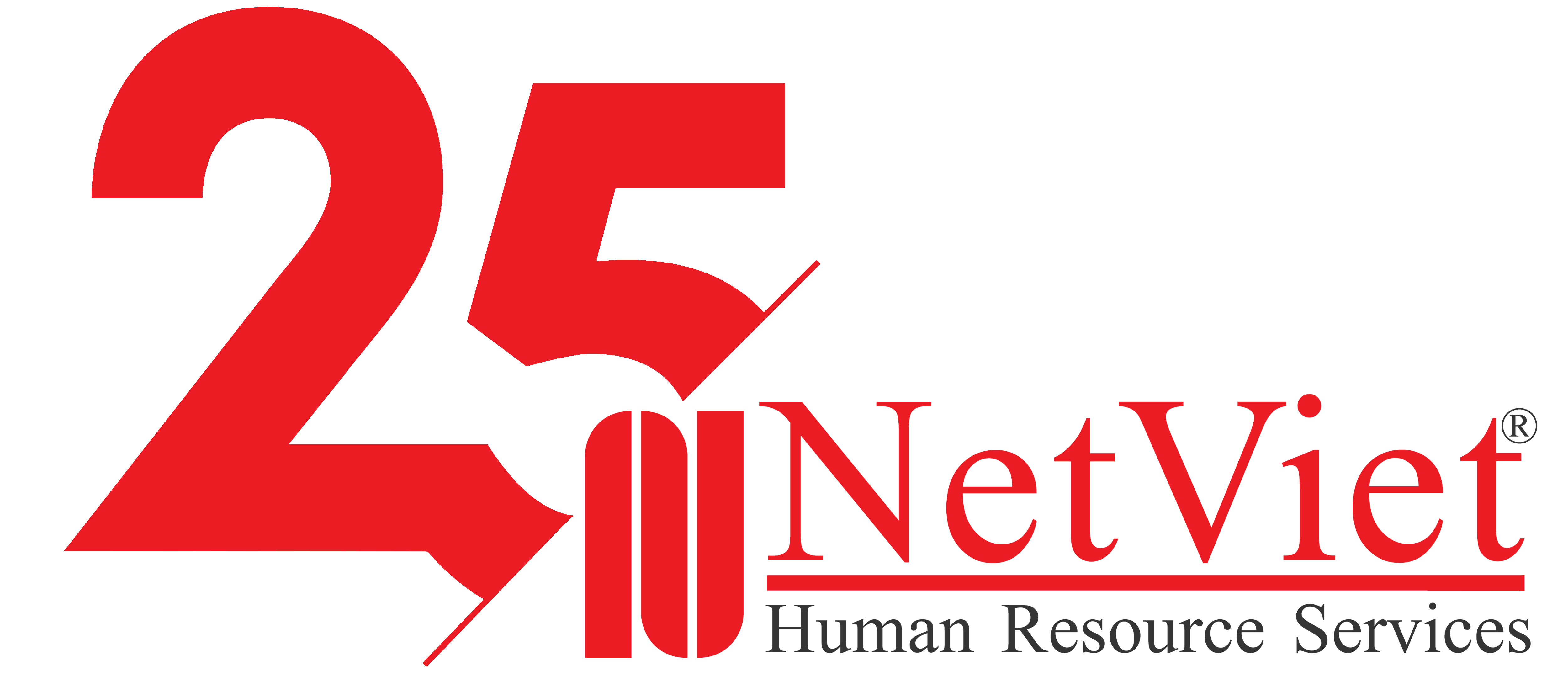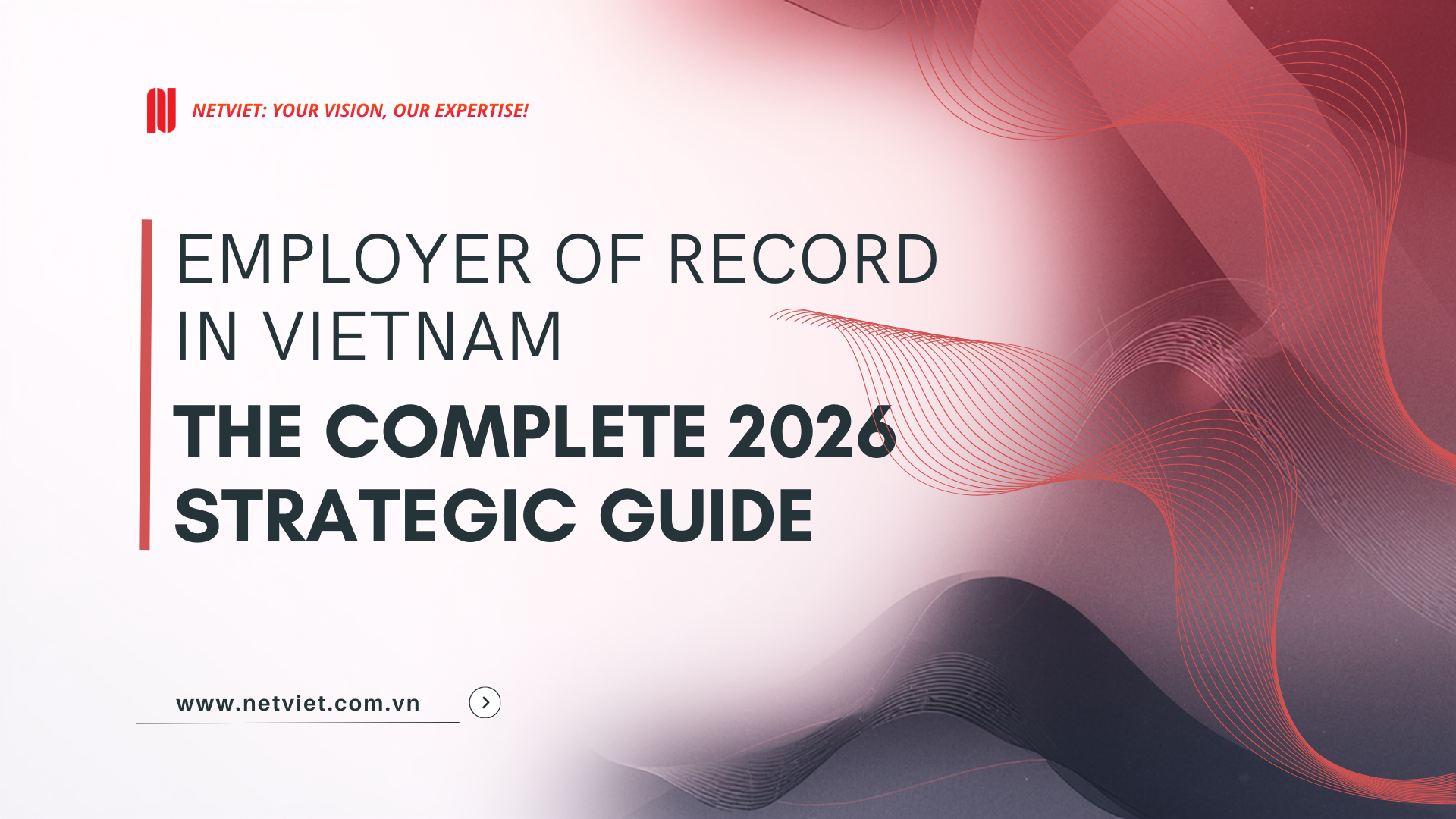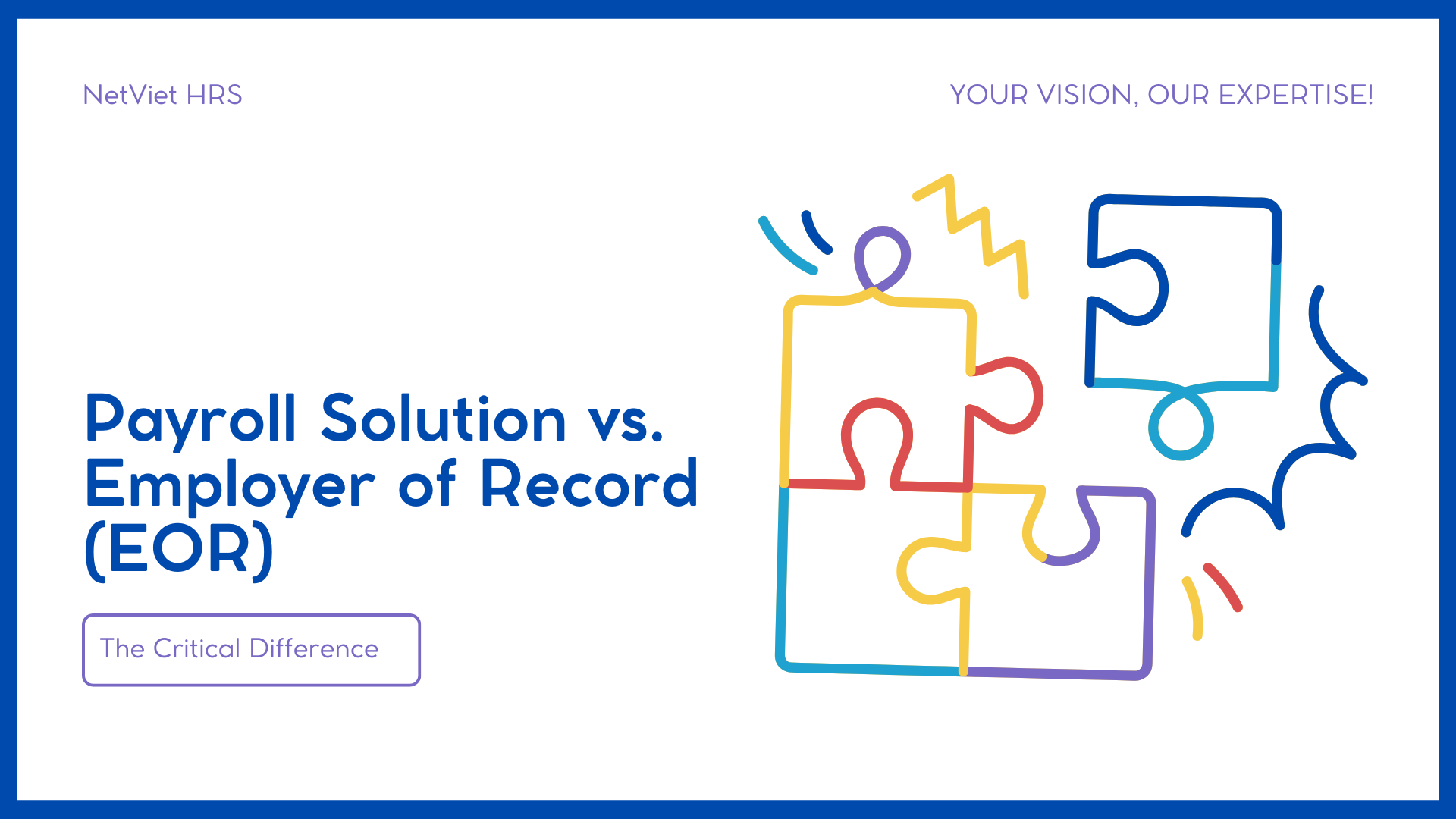Table of Contents
ToggleIntroduction
Article 93 of the Labor Code 2019 stipulates:
- Employers must develop salary scales, salary tables, and labor norms as a basis for recruiting, employing workers, negotiating wages according to the job or title stated in the labor contract, and paying wages to employees.
- Labor norms must be average levels that ensure the majority of employees can achieve them without extending normal working hours and must be tested before being officially promulgated.
- Employers must consult with the representative organization of employees at the grassroots level where such an organization exists when developing salary scales, salary tables, and labor norms. The salary scales, salary tables, and labor norms must be publicly announced at the workplace before implementation.
To properly construct standardized salary scales and tables, enterprises can refer to the following steps:
Step 1: Develop a Salary Scale and Table System
- Minimum Wage: Ensure the lowest wage for any job or title paid to employees in the salary scale and table is not lower than the prescribed minimum wage. Decree 74/2024/ND-CP stipulates the minimum wage applicable from July 1, 2024.
- Dividing Salary Scales and Tables into Different Levels: The Labor Code 2019 no longer mandates that the gap between two consecutive salary levels must be at least 5%. Therefore, enterprises have the discretion to decide the gap between salary levels to suit the actual situation of the enterprise. Constructing salary levels is intended to motivate employees; those who meet the conditions for salary promotion will advance to a higher level.
Step 2: Consult with the Employee Representative Organization
Enterprises with an employee-representative organization have a mandatory obligation. They must consult with this organization when developing salary scales, tables, and labor norms. The procedure is as follows (Article 41 of Decree 145/2020/NĐ-CP):
- The employer shall send a document specifying the dialogue issue(s) for consulting workers’ dialogue participants.
- Workers’ dialogue participants shall consult the workers that they represent and each WRO/worker’s group will synthesize the collected opinions into a written reply for sending to the employer. In cases where the dialogue issue is related to the rights and interests of female
workers, their opinions must be collected. - Based on the opinions of WROs at grassroots level and elected workers’ dialogue representatives, the employer shall conduct a dialogue to discuss, exchange ideas, consult, and share information about the issue(s) raised by the employer.
- The number and composition of participants, time and place for conducting the dialogue shall be determined by the parties in accordance with the Regulation on grassroots democracy at the workplace;
- The dialogue process must be documented and signed by the dialogue parties.
- Within 3 working days from the end of the dialogue, the employer shall disseminate at the workplace the main contents of the dialogue; WROs (if any) and elected workers’ dialogue representatives (if any) shall disseminate the main contents of the dialogue to the workers for
whom they represent.
Enterprises without a grassroots employee representative organization are not required to seek the opinion of the superior trade union.
Step 3: Announce the Salary Scales and Tables Publicly
Ensure transparency by informing all employees about the salary structures before implementation.
Step 4: Store Salary Scales and Related Documents
While enterprises do not need to submit these documents to authorities, they must store and present them upon request.
Violations and Penalties
Violations in constructing salary scales and tables can result in administrative penalties. According to Clause 1, Article 17 of Decree 12/2022/ND-CP, employers may be fined VND 5,000,000 to VND 10,000,000 for failing to:
- Announce salary scales, tables, labor norms, and reward regulations before implementation.
- Construct salary scales, tables, or labor norms; or test labor norms before official promulgation.
- Consult with the employee representative organization when developing these documents.
- Provide accurate salary statements to employees.
______________
NetViet offers comprehensive HR solutions for businesses entering or expanding in the Vietnamese market. Established in 2000, NetViet provides expert, seamless, and compliant HR solutions.
Legal Disclaimer: The information provided is for general informational purposes only and does not constitute legal advice. For specific legal advice on compliance in Vietnam, schedule a consultation with NetViet or consult legal counsel.
Follow NetViet for the latest industry updates and more:
- Phone: +84 28 6261 7310
- Email: info@netviet.com.vn
- Website: www.netviet.com.vn
- Facebook | LinkedIn | Twitter














